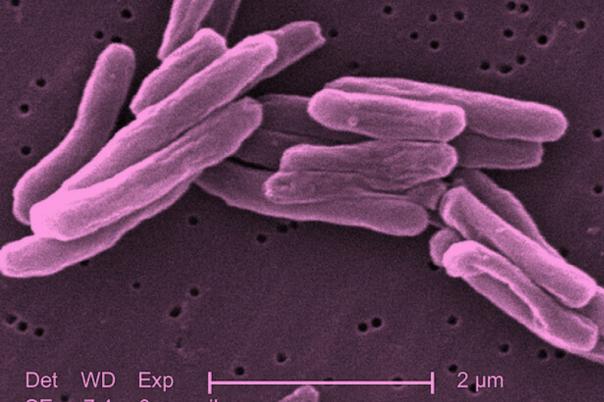Rigel Chan, Assistant Professor of Neurology at UMass Chan Medical School, introduced a novel antibody screening method for characterising antibodies in CSF samples for MS patients. Chan explained that there is not a known cause for MS but within the scientific industry it is attributed to dysregulated T cell and B cell biology, elevated inflammatory cytokines, and viral infections.
Over the last five years there has been increased focus on the link between viral infections and MS. The Epstein-Barr virus, human herpesvirus 6 and human herpesvirus 3 are all associated with MS. Chan looked for antibodies within the cerebral spinal fluid or CSF for association with MS.
He commented: “Potentially these specific antibodies targeting the virus are caused by the viral infection and it is detectable as MS biomarkers, meaning today clinically it is used as one of the biomarkers besides MRI used as one of the biomarkers to determine whether someone has MS.”
Upon screening a novel bacterial peptide library, CSF samples were incubated with E. coli bacteria to identify antibody-bound peptides. Chan explained that the bound peptides are sequenced to identify their amino acid sequences, which are then analysed to determine potential antibody targets. The findings revealed a significant association was found between MS and antibodies targeting EBNA1, particularly in the amino acid region 408-420. Furthermore, the project identified several other viral and autoantigenic epitopes associated with MS, including human herpesvirus 6, hepatitis B virus, and various human proteins expressed in the central nervous system.
Machine learning models using the identified epitopes achieved over 80% accuracy in predicting MS. However, further validation with independent cohorts is needed to confirm these findings. In summary, Chan’s study successfully mapped CSF antibody epitopes using a bacterial peptide library screening method, identifying significant viral and autoantigenic associations with MS.





